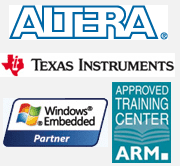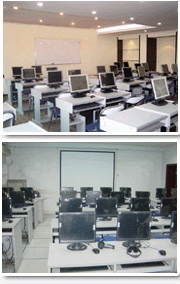╔Ņ█┌ł¾(b©żo)├¹¤ßŠĆŻ║4008699035
╬õØhł¾(b©żo)├¹¤ßŠĆŻ║027-50767718
ÅVų▌ł¾(b©żo)├¹¤ßŠĆŻ║020-61137349
╬„░▓ł¾(b©żo)├¹¤ßŠĆŻ║029-86699670
─ŽŠ®ł¾(b©żo)├¹¤ßŠĆŻ║025-68662821
│╔Č╝ł¾(b©żo)├¹¤ßŠĆŻ║4008699035
▒▒Š®ł¾(b©żo)├¹¤ßŠĆŻ║010-51292078
www.shanghai66.cn
ĪŅ╚½ėó╬─╩┌šnšn│╠(Training in English)







